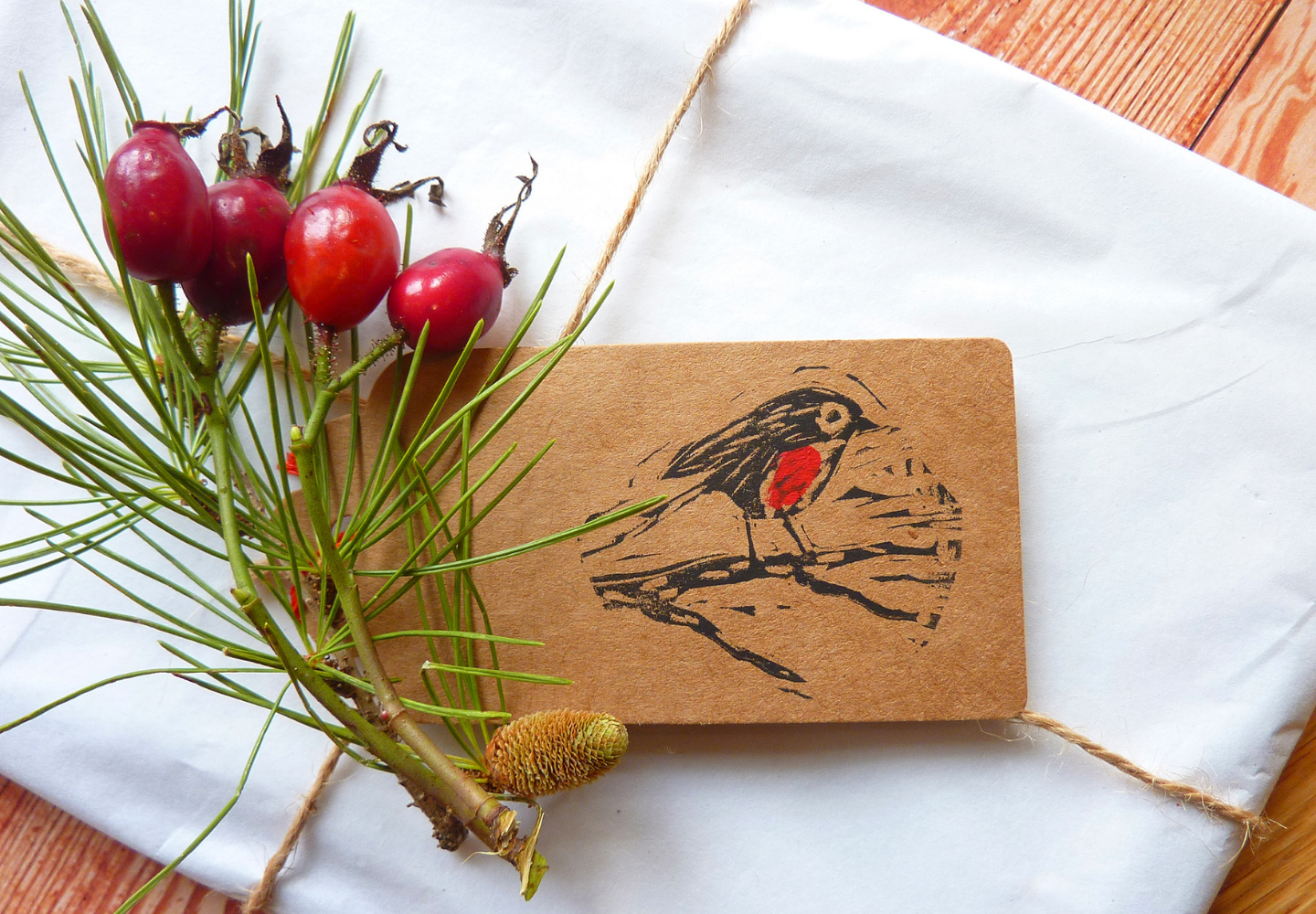Viscose was first developed as a cheaper alternative to silk in the early 20th century and quickly became a popular fabric in the fashion industry. However, the question of whether Viscose is sustainable or not has been a matter of debate for quite some time.

Traditionally, Viscose is not considered to be a sustainable fabric because of the environmental damage caused by its production process. The use of harsh chemicals such as sodium hydroxide and carbon disulfide in the production of Viscose contributes significantly to the pollution of the surrounding environment.
Furthermore, the Wood pulp used in the production of traditional Viscose comes from trees that have been cut down primarily for this purpose, leading to deforestation and habitat loss. This process is not sustainable as it harms the environment by reducing the number of trees, leading to soil depletion and a decrease in biodiversity.
However, with advanced technology, modernized Viscose has been produced using more eco-friendly methods, leading to a more sustainable form of Viscose. These sustainable methods use closed-loop systems to reduce waste and minimize environmental harm.
One such sustainable method involves the use of bamboo as the raw material for Viscose production. Bamboo is a fast-growing plant that is easily renewable, and its growth does not require much water, making it a more sustainable option for Viscose production.
Moreover, some Viscose companies have begun using a more environmentally friendly method of production called Lyocell, which involves the use of only non-toxic solvents and eco-friendly technologies to produce Viscose. There is also a closed-loop system in place that recycles most of the water used in production, leading to a reduction in water waste.
In conclusion, traditional Viscose is not a sustainable option for the fashion industry. However, with advances in technology and the adoption of more eco-friendly methods of production, Viscose has become a more sustainable option for fashion brands. When shopping for Viscose garments, look for the Lyocell label or certifications such as the EcoVero or Forest Stewardship Council that guarantee sustainable practices were followed during production.
Keywords: What Kind Of Fabric Is Viscose, sustainable fabric, traditional Viscose, Rayons, advanced technology, affordable, lightweight, soft, man-made fabric, natural cellulose, wood pulp, bamboo, chemical treatment, sodium hydroxide, carbon disulfide, silk, fashion industry, eco-friendly methods, closed-loop systems, environmental harm, deforestation, habitat loss, soil depletion, biodiversity, renewable, Lyocell, non-toxic solvents, water waste, sustainable practices.